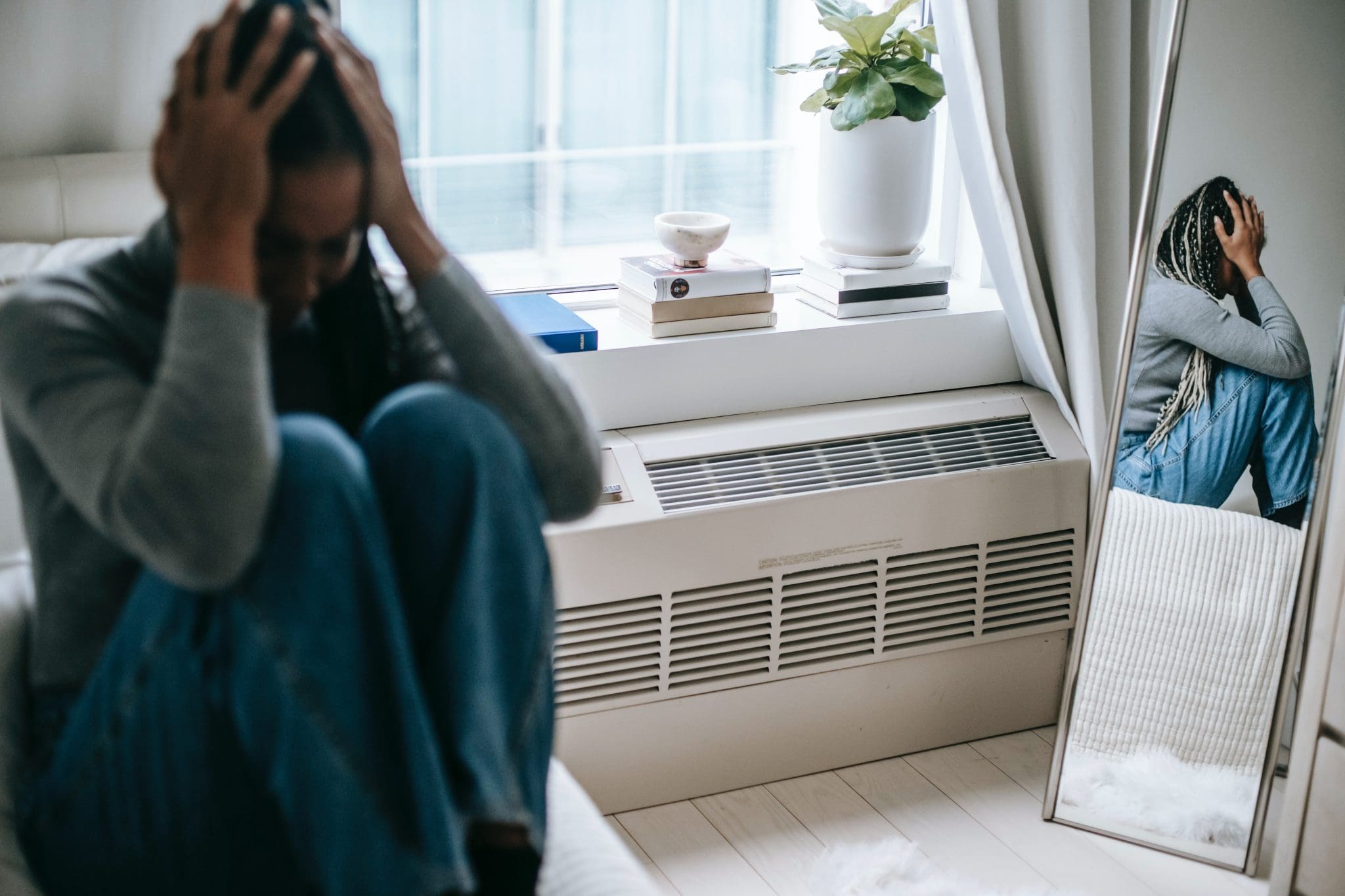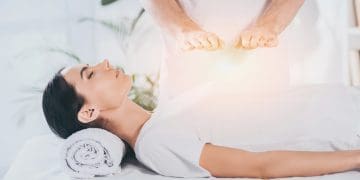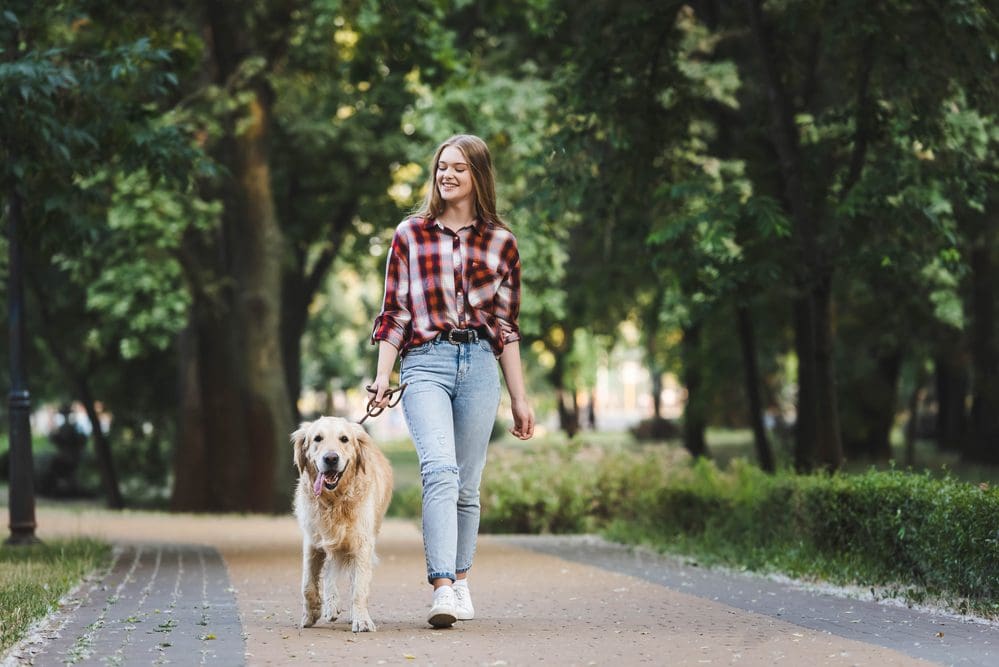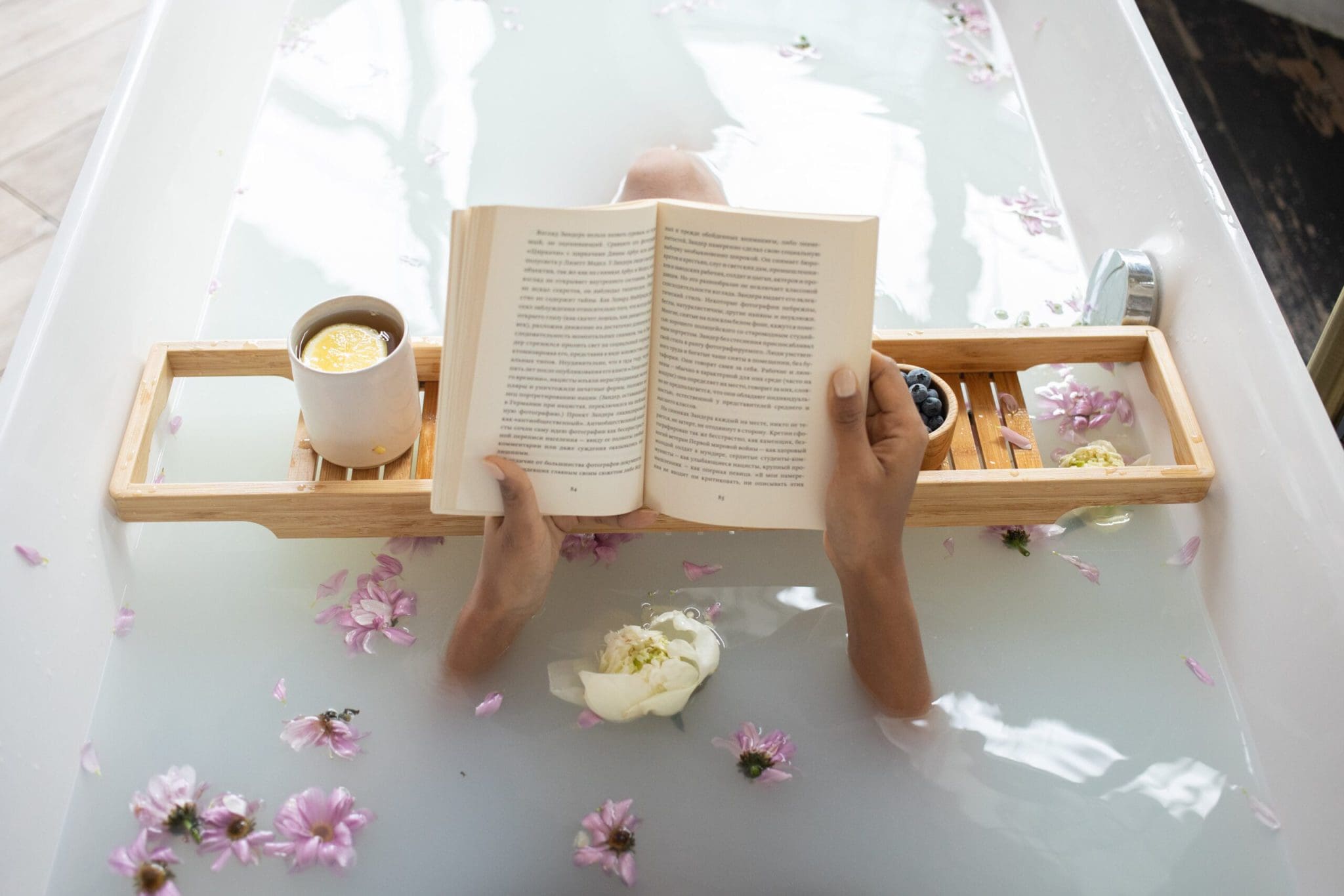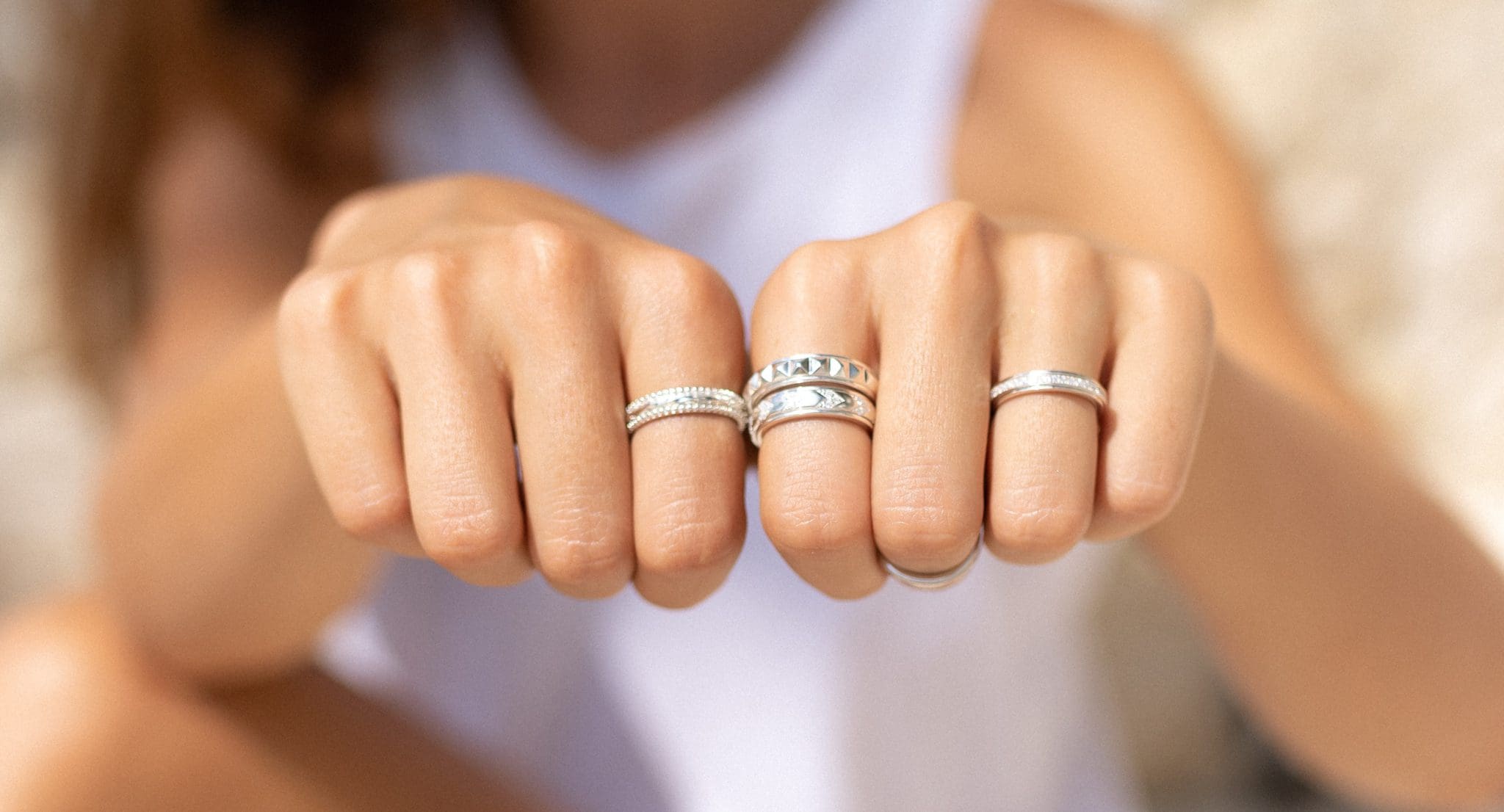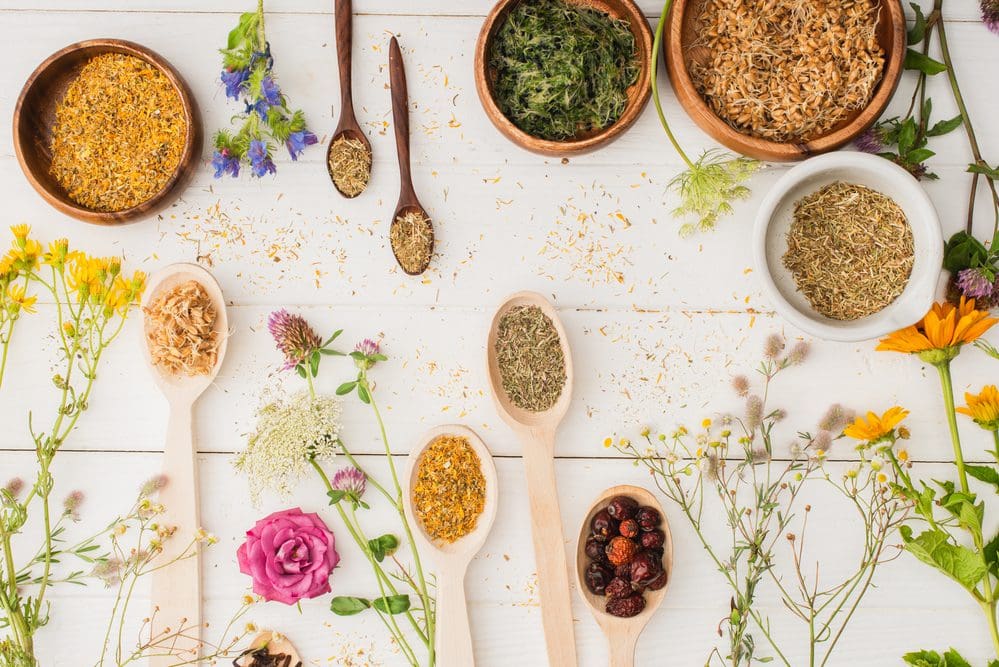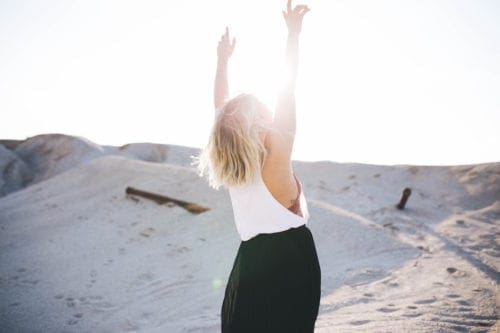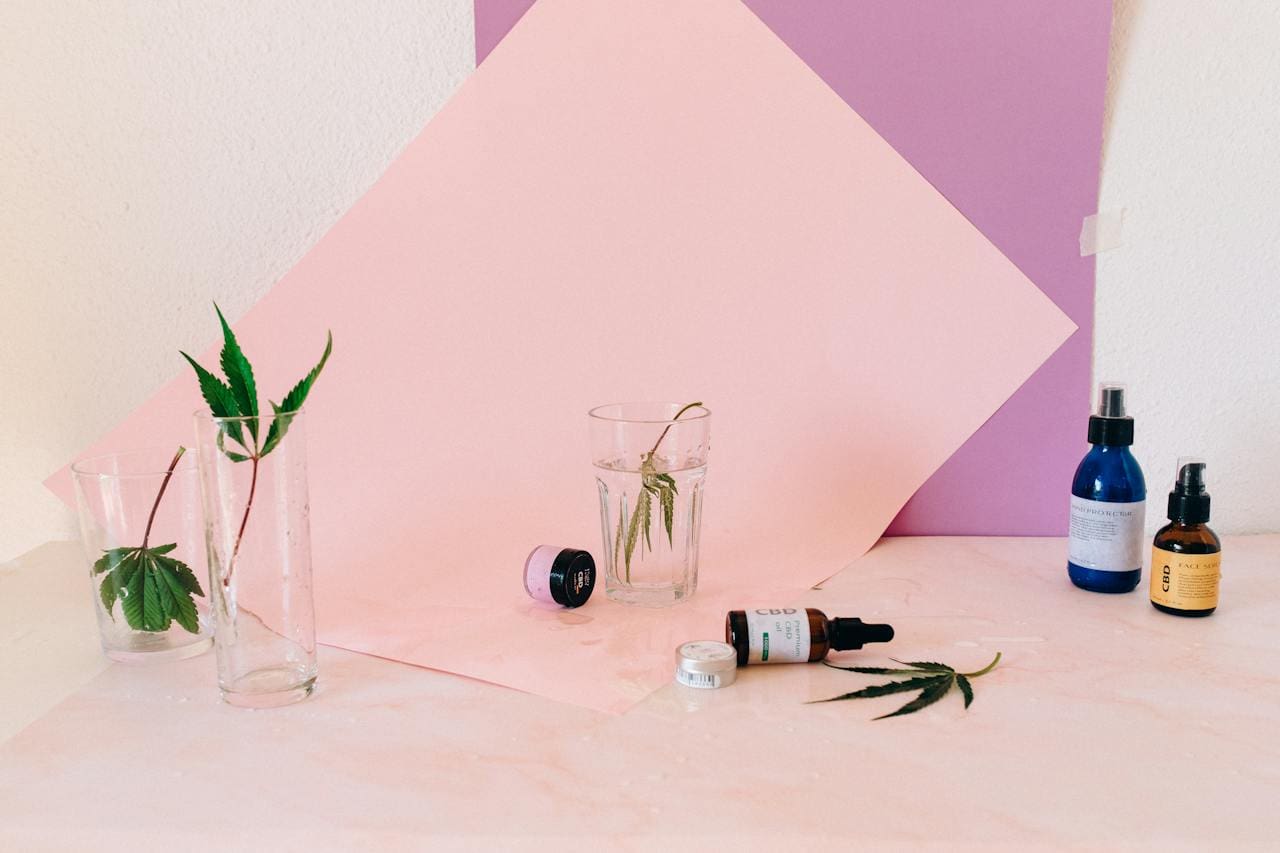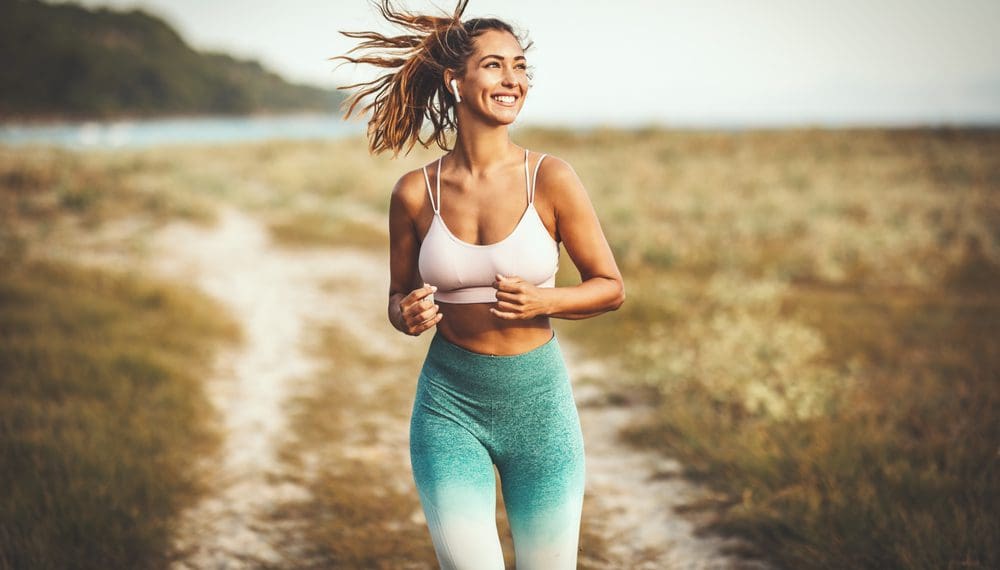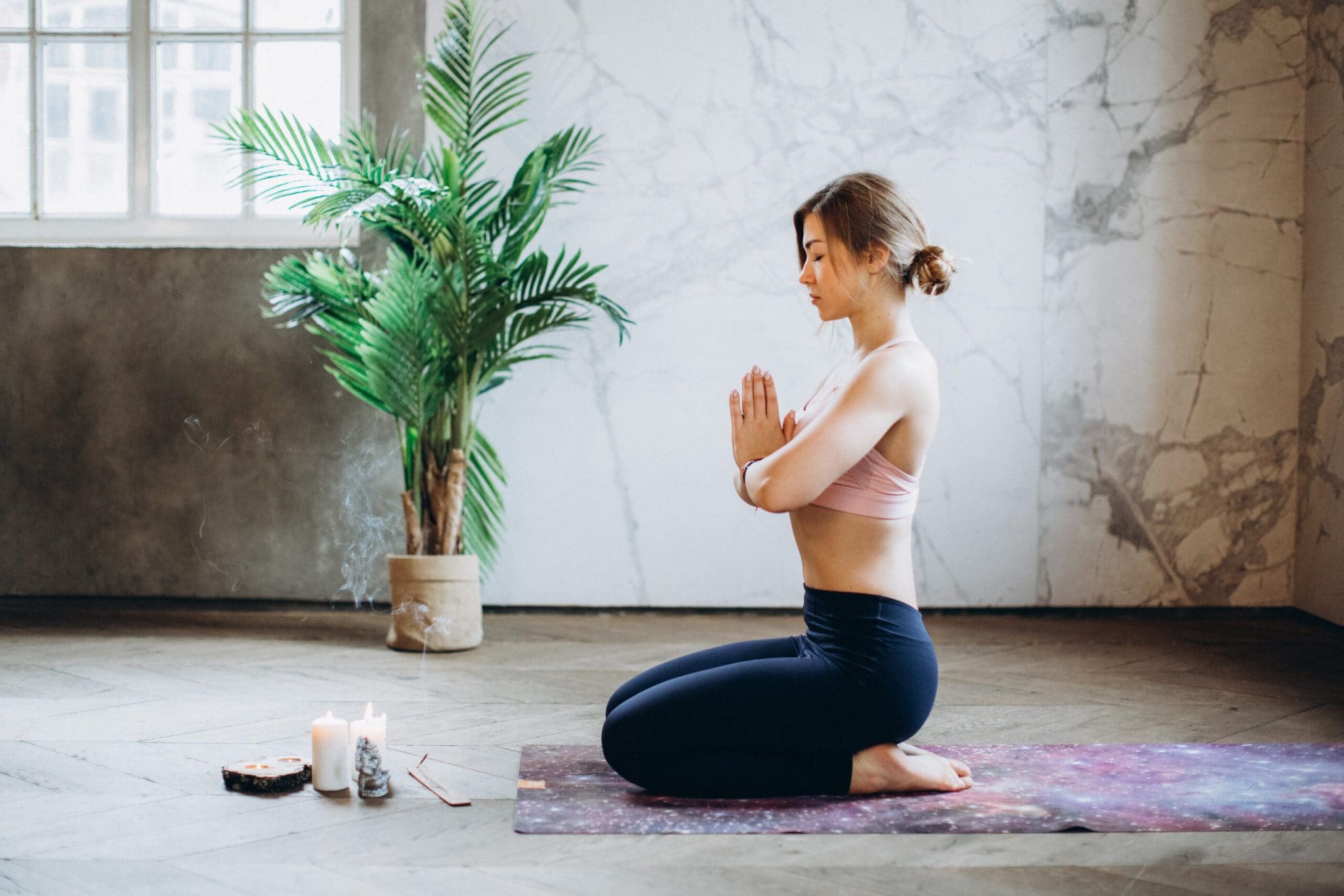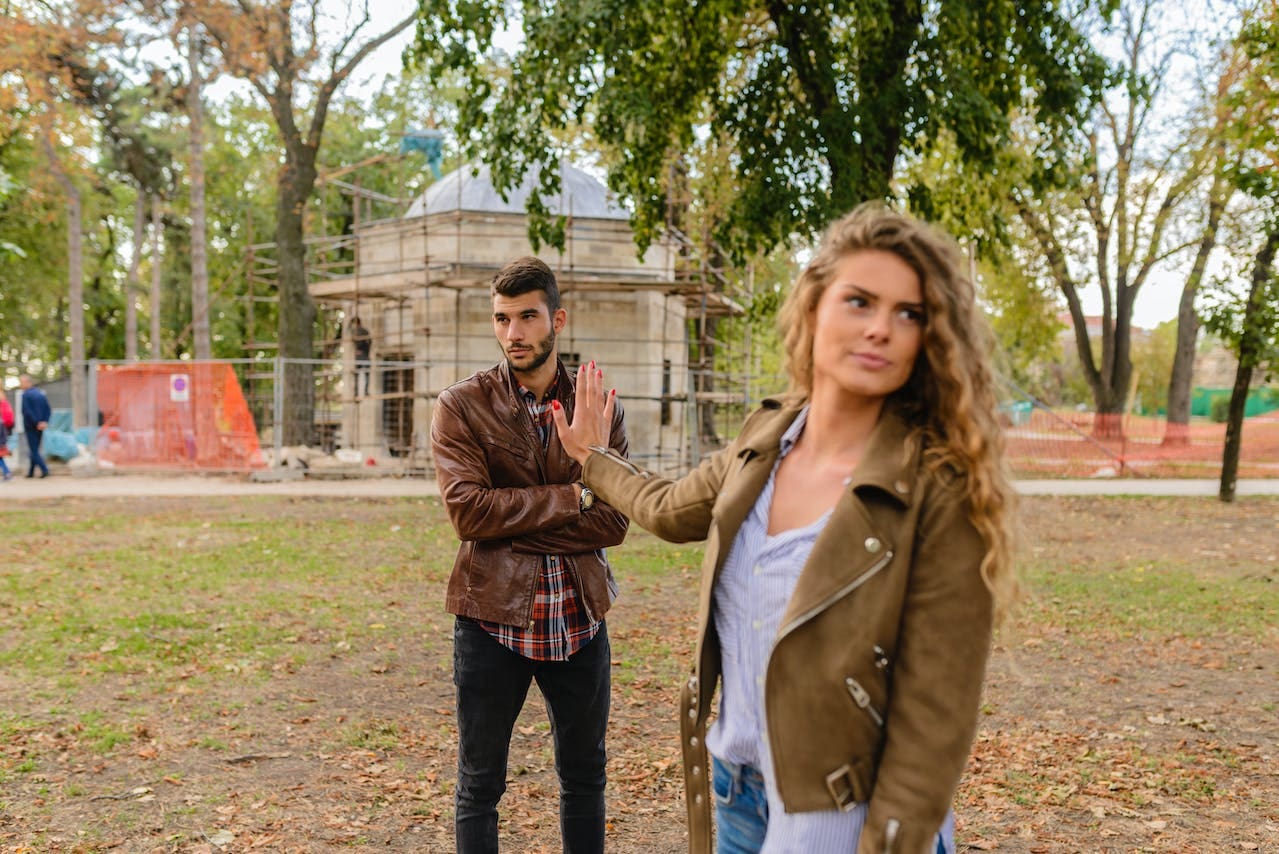Full Disclosure: Clicking on these links could mean a tiny commission for me, at no extra cost to you.
Anxiety and panic attacks can significantly disrupt daily life if you don’t have effective ways to manage and reduce them. One powerful approach is developing good habits to have that promote mental health and overall wellness. By incorporating healthy habits, happy habits, and everyday good habits into your routine, you can build a foundation for a healthier, more balanced life. Looking at your life from an outside perspective isn’t always the easiest task though, so I’ve created this list of healthy habits to invest in to decrease anxiety and panic attacks.
Advertisement
💚 Ready to Start Healing?
Therapy can change lives — and BetterHelp makes it easy. Get matched with one of 20,000+ licensed therapists and begin your journey from the comfort of home. Services start at just $65/week — no waiting rooms, no commute.
The Importance of Good Habits for Anxiety
Developing good habits can play a crucial role in managing anxiety and preventing panic attacks while also improving other aspects of your healthy and life. For example, maintaining positive routines can significantly reduce anxiety, prevent panic attacks, and enhance overall well-being. Here’s why good habits are essential for mental health.
Establishing daily routines also provides a sense of stability and predictability, which can be comforting when dealing with anxiety. Knowing what to expect each day can reduce feelings of uncertainty and stress.
Reducing the last-minute rush and associated stress is another key aspect of investing in good habits to have when you’re struggling with anxiety. Structured schedules ensure that important tasks are completed without unnecessary pressure.Consistency with these healthy habits helps create a stable and supportive environment for mental health.
18 Good Habits to Have to Decrease Anxiety and Panic Attacks
Some of the following good habits to have will be easier to achieve than others. That’s okay. Take your time and give yourself some grace as you start tackling your anxiety disorder, one good habit at a time.
Building Healthy Habits for Mental Well-being
1. Regular Exercise
Physical activity releases endorphins, which are natural mood lifters. Exercise reduces levels of the body’s stress hormones as well, such as adrenaline and cortisol.
Goal: Aim for at least 30 minutes of moderate exercise, like walking, jogging, or yoga, most days of the week.
Start today with 50% off your online yoga membership.
2. Eat a Balanced Diet
Take a look at your diet and ask yourself what can change. Perhaps you eat too many unhealthy carbs, such as potato chips, french fries, white bread, etc. or maybe you eat a lot of sweets, eat way too many preservatives, toxins and chemicals or perhaps you simply don’t get enough greens in your diet. As the saying goes, you are what you eat. Adopting a cleaner diet can make a huge difference in your overall health – mental, physical and spiritual.
Proper nutrition supports brain function and stabilizes mood. Omega-3 fatty acids, found in fish, and antioxidants, found in fruits and vegetables, are particularly beneficial.
Goal: Incorporate a variety of fruits, vegetables, lean proteins, and whole grains into your diet. Avoid excessive caffeine and sugar, which can exacerbate anxiety. You can view more detailed information about an anti-anxiety diet here.
Beyond Body offers personalized wellness plans designed to help you make healthier food choices that naturally boost your mental, physical and emotional health. Don’t miss out on our exclusive discount up to 50% off on a personalized wellness plan – start your journey to a happier, healthier you today! Visit Beyond Body and claim your discount now!
3. Prioritize Your Sleep
Quality sleep is essential for mental health. Not only does proper sleep help your mind and body function properly, but a lack of sleep can also increase stress levels and anxiety. Unfortunately, sleep doesn’t always come so easily when you’re racing thoughts are keeping you up at night. The good news: there’s help.
Goal: Establish a regular sleep routine by going to bed and waking up at the same time each day. Create a restful environment and avoid screens before bedtime.
Discover the calming power of mushroom supplements and enjoy deeper, more restful sleep. Improve your mental health and well-being with our premium, all-natural supplements. Get 25% Off Your First Order!
4. Practice Mindfulness and Meditation
You hear everyone talking about mindfulness and meditation but they aren’t just buzz words. Mindfulness and meditation are scientifically proven to reduce stress and improve focus, and significantly decrease anxiety. They also encourage relaxation and a sense of calm, leaving you feeling mentally prepared to tackle whatever comes your way.
Goal: Start with 5-10 minutes of meditation daily, gradually increasing the duration. Focus on your breath and let go of intrusive thoughts.
The Mindfulness app offers guided meditations, stress relief techniques, and personalized plans to help you stay calm and focused. For a limited time, enjoy an exclusive discount just for our readers!
5. Maintain Healthy Social Connections
Social support from friends and family can provide emotional comfort and reduce feelings of isolation 1.
Goal: Schedule regular interactions with loved ones. Join social or interest groups to meet new people and build a supportive community.
6. Pursue Hobbies and Interests
Engaging in activities you enjoy can divert your mind from stress and provide a sense of achievement.
Goal: Dedicate time each week to hobbies like reading, painting, or gardening – whatever you’re in to.
7. Practice Gratitude Daily
Gratitude helps shift focus from negative thoughts to positive experiences, enhancing overall happiness 2.
Goal: Keep a gratitude journal and write down three things you’re thankful for each day. Yes, it’s as easy as that! With consistency, your brain will naturally start to find the good in all.
Advertisement
⚡ Access Treatment Right Now
→ Online Therapy – Talk to a licensed therapist today through BetterHelp. Affordable, private, and convenient therapy starting at $65/week. Take the Free Assessment to get matched now.
→ Digital Psychiatry – Connect with a provider in 12–48 hours via Hims/Hers. Explore FDA-approved medication options — no insurance required. Get Started Today.
8. Laugh and Play More
Laughter reduces stress hormones and increases endorphins 3. Playful activities can bring joy and relaxation too.
Goal: Watch a comedy show, play games, or engage in fun activities with friends and family.
9. Time Management
Effective time management reduces stress by helping you stay organized and avoid last-minute rushes.
Goal: Use planners or digital calendars to schedule tasks and set priorities. Break tasks into manageable steps.
10. Set Realistic Goals
Achieving small, realistic goals can build confidence and reduce feelings of overwhelm. Start every morning with one or two goals you’d like to achieve. Perhaps it’s just getting out of bed or maybe it’s doing one thing you’re afraid of. Whatever it is, write it down and commit to working towards achieving that goal.
Doing this little thing can increase feelings of purpose and progress which is often times all you need to give you that extra boost that you can get through this.
Goal: Break larger goals into smaller, achievable steps. Celebrate your progress along the way.
11. Limit Screen Time
Excessive screen time, especially on social media, can increase anxiety and stress levels.
Goal: Set specific times for screen use and take regular breaks to engage in offline activities. Be sure to check out your screen time tracker to see just how much time you actually spend on your phone (you’ll probably be shocked).
12. Stay Hydrated
Dehydration can drastically affect mood and cognitive function, increasing stress levels. The feeling of dehydration can also be almost identical to anxiety symptoms. So an easy way to quell your thirst and anxiety is to drink more H20.
Goal: Drink plenty of water throughout the day. Carry a water bottle as a reminder and refill as you go. You may also want to consider exploring premium hydration solutions designed to support your overall well-being, helping you stay focused, calm, and balanced. Water and Wellness has a range of products to keep your mind and body in peak condition.
13. Practice Deep Breathing
Deep breathing techniques can calm the nervous system and reduce anxiety symptoms. They’re also great for those mid-attack moments where you need to bring yourself back to reality before the whole thing spills over the top.
Goal: Practice deep breathing exercises, such as diaphragmatic breathing, for a few minutes each day. Inward Breathwork offers guided breathwork sessions designed to reduce stress and enhance your well-being. Try it now with a month free trial and feel the difference breathwork can make.
14. Limit Alcohol and Tobacco
Both substances can increase anxiety and interfere with sleep and overall mental health.
Goal: Reduce consumption and seek support if needed to quit.
15. Develop a Morning Routine
A structured morning routine sets a positive tone for the day and reduces morning anxiety.
Goal: Include self care activities like stretching, journaling, and a healthy breakfast.
16. Practice Self-compassion
Being kind to yourself can reduce negative self-talk and improve emotional resilience 4.
Goal: Treat yourself with the same kindness and understanding you would offer a friend.
17. Embrace the Fidget
Fidgeting is often seen as a distraction, but it can actually help manage anxiety and improve focus. Using fidget tools like anxiety fidget rings provides a physical outlet for nervous energy, helping to reduce anxiety and promote a sense of calm. The rhythmic movement of the ring can also be soothing and grounding during stressful moments.
Goal: Incorporate and embrace fidgeting into your routine with tools like a spinning ring. Shop the our collection of anxiety rings here.
18. Start Therapy
The most important thing on this entire list of things to change to decrease anxiety is to speak with someone, preferably a professional who can guide you through your healing journey. Digital therapy is far more affordable than in-person sessions, and you get access to a therapist quickly!
Goal: Explore the top online therapy platforms.
🌿 Ready to Heal? Find Your Perfect Online Therapist Now
Anxiety is treatable — and BetterHelp makes support accessible and affordable. With 20,000+ licensed therapists and pricing starting at just $65/week, it's never been easier to get help. Take the free quiz and get matched with your ideal therapist today.
FAQs about Good Habits
What are good habits to have to decrease anxiety?
Good habits include regular exercise, a balanced diet, adequate sleep, mindfulness practices, and healthy social connections.
How can building healthy habits reduce panic attacks?
Building healthy habits creates a stable and supportive environment for mental health, reducing the frequency and intensity of panic attacks.
Are there any specific happy habits that help with anxiety?
Yes, pursuing hobbies, practicing gratitude, and engaging in laughter and playful activities can significantly help reduce anxiety.
What everyday good habits can I incorporate to manage anxiety?
Incorporating time management, setting realistic goals, and limiting screen time are everyday habits that can help manage anxiety.
How important is hydration in reducing anxiety?
Staying hydrated is crucial as dehydration can affect mood and cognitive function, potentially increasing anxiety.
Can practicing self-compassion help with anxiety and panic attacks?
Yes, practicing self-compassion can reduce negative self-talk and improve emotional resilience, which can help manage anxiety and panic attacks.
Final Thoughts on Good Habits to Have
Adopting good habits in all aspects of your life can significantly reduce anxiety and panic attacks. By focusing on building healthy habits, engaging in happy habits, and maintaining everyday good habits, you can create a healthier, more balanced lifestyle. Remember, small changes can lead to significant improvements in mental well-being. Start integrating these habits into your daily routine and experience the positive impact on your life.
Additional Resources
At Anxiety Gone, we believe in healing together. We’ve partnered with trusted wellness organizations to bring you the most effective tools, insights, and support. Some links may earn us a commission — always at no extra cost to you.
Join The Club
Connect with our private self-care community for daily support, exclusive tips, and inspiration. Join us today
Talk Therapy
Get matched with licensed therapists online through BetterHelp and begin your healing today. Start now
Hims/Hers
Receive personalized, affordable mental health care + medication from home — no insurance required. Learn more
Mental Health, Right to your Inbox
Subscribe to our newsletter for a place to rest your mental health and find ways to support your journey. Sign up
Emotional Freedom Technique
Tap your way to calm with scientifically backed stress relief. Our readers receive a 14-day free trial! Try EFT now
Mindfulness App
Access 2,000+ guided practices to support your mental health wherever you are + exclusive discount when you upgrade Try it
Online Breathwork
Experience calm and reset your nervous system with guided sessions and receive your first month free . Get started
Find a Helpline
If you need immediate support, visit our directory to find help near you. See helplines
Infographics for Good Habits to Have
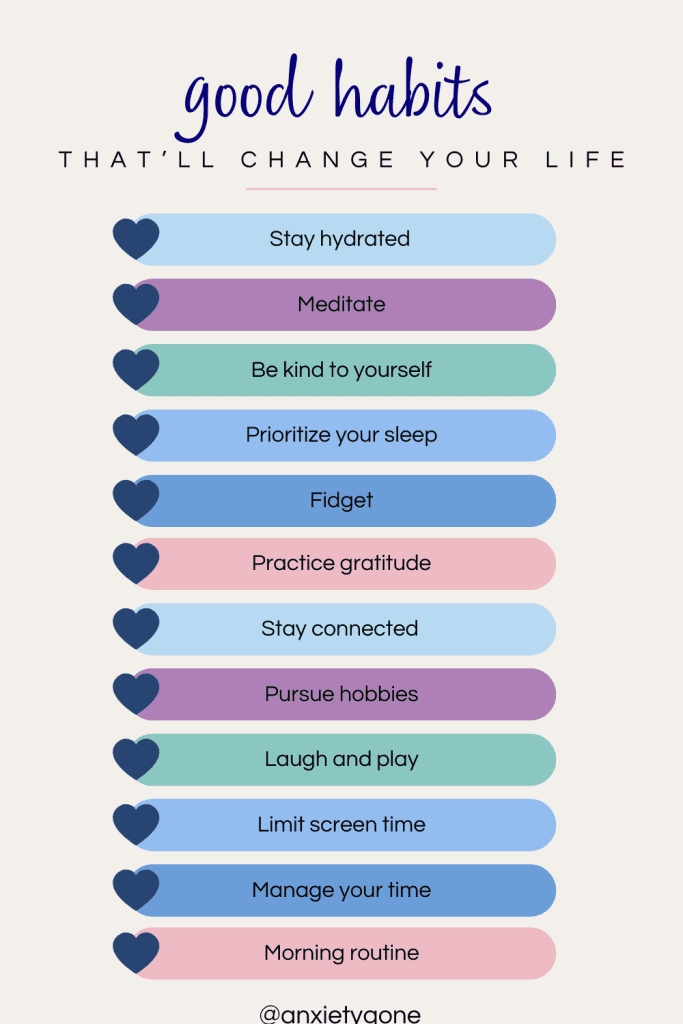
- Harvard Health Publishing. (2017). The health benefits of strong relationships. Harvard Health Blog. Retrieved from https://www.health.harvard.edu/newsletter_article/the-health-benefits-of-strong-relationships
- Positive Psychology Program. (2020). The science of gratitude. Positive Psychology. Retrieved from https://positivepsychology.com/gratitude-science/
- Mayo Clinic Staff. (2020). Stress relief from laughter? It’s no joke. Mayo Clinic. Retrieved from https://www.mayoclinic.org/healthy-lifestyle/stress-management/in-depth/stress-relief/art-20044456
- American Heart Association. (2019). The power of positive self-talk. American Heart Association. Retrieved from https://www.heart.org/en/healthy-living/healthy-lifestyle/mental-health-and-wellbeing/power-of-positive-self-talk



